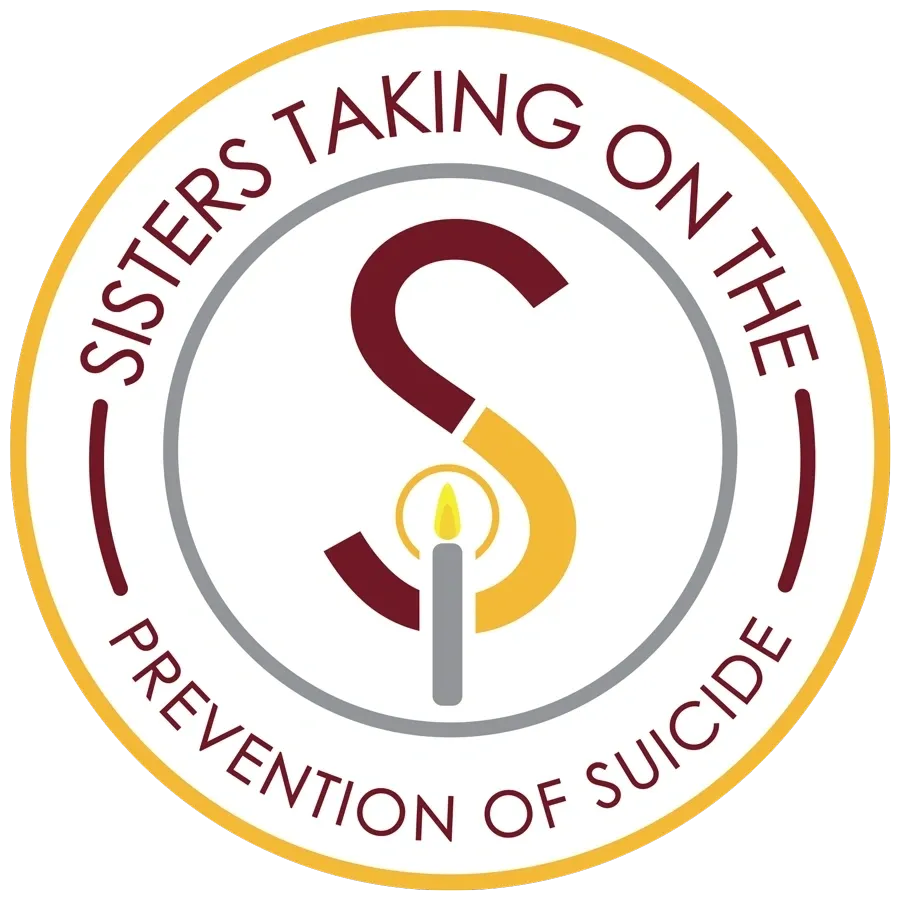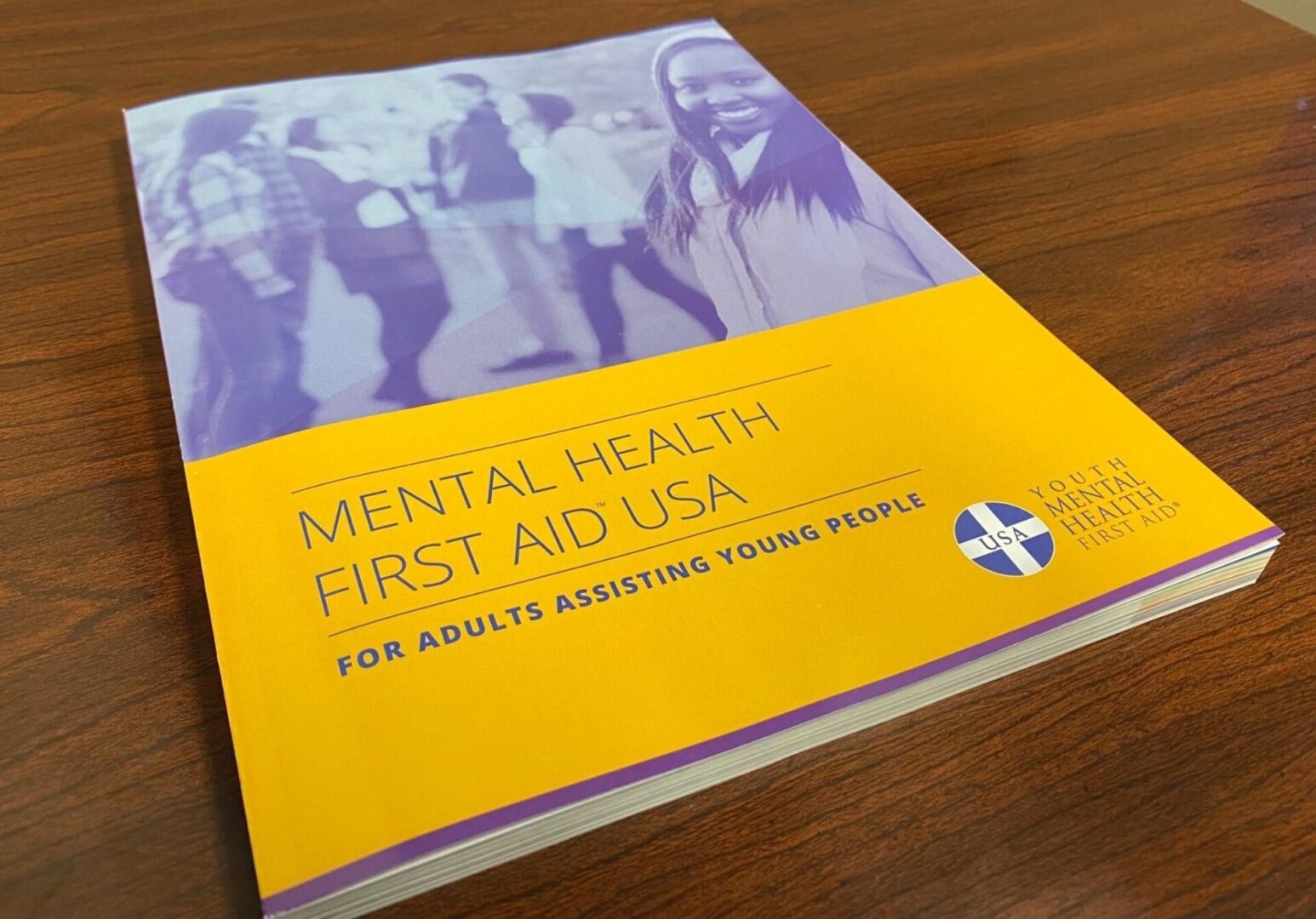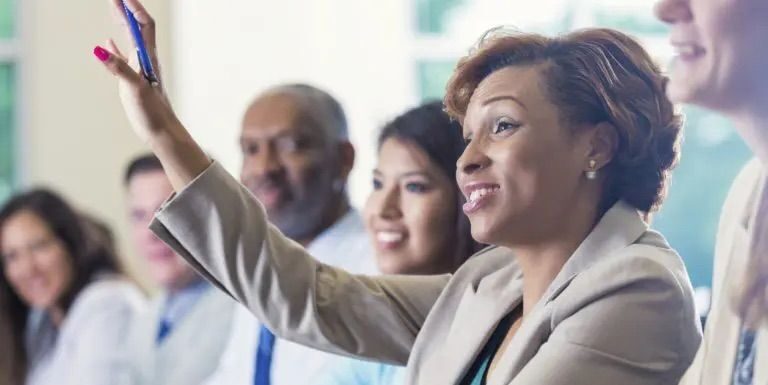What Is Mental Health First Aid?
Mental Health First Aid is an 8-hour course that teaches you how to identify, understand, and respond to signs of mental illnesses and substance abuse. What you learn:
Why should you take the class?
How do I get trained?
Our training classes equip women with the skills they will need to reach out and support someone who may be developing a mental health problem, substance use problem, or someone in crisis.
Know the facts and take a course to help an adult or young person in need. Learn how to start the conversation.
Please contact us for additional information or register for an upcoming class.
4 Reasons To Become A Mental Health First Aider
Sisterhood Support Community
We deliver a support forum for women to connect to each other by sharing experiences, exchanging coping strategies, and by relating to one another.
Her Feelings Matter Too
When a friend or family member develops a mental health condition, it’s important to know that you’re not alone. Many women have gone through the process of caring for a person with a mental illness. According to the National Alliance of Mental Illness, 1 in 25 Americans live with a serious mental health condition. Mental health professionals have effective treatments for most of these conditions, yet in any given year, only 60% of people with a mental illness receive proper mental health care.
As a result, family members, caregivers, and friends often play a large role in supporting their friend and/or loved one on their road to recovery. You may be trying to aid a family member who doesn’t have access to adequate mental health care or who doesn’t want help, or you may want to learn how to support someone who has been hospitalized or who has experienced a similar mental health crisis.
As a family member and/or friend of someone living with a mental illness, it’s important to build your own support system. You might think your problems are small in comparison to what your friend and/or loved one is coping with – they are not. You are just as deserving of help and comfort.
Gathering strength through others will lead to camaraderie, confidence and assurance that, “Someone else knows what I am going through.”
How do I get support?
Our peer-to-peer support community connects women interested in establishing relationships, sharing experiences, and learning from one another.
We provide a safe, private place for women who support a friend and/or loved one living with mental health challenges and who need information as well as sisterly support to cope with their circumstances. Women receive emotional backing, motivation, and self-care strategies in a secure and comfortable environment.
Please contact us for additional information or register for an upcoming group meeting.
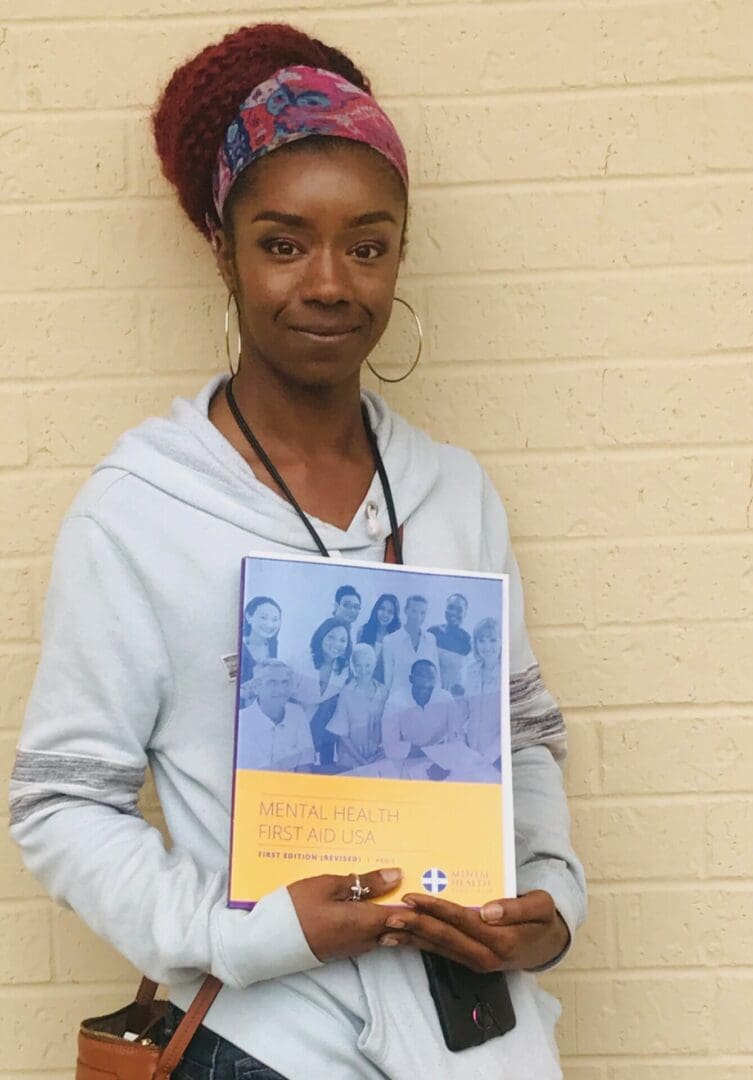
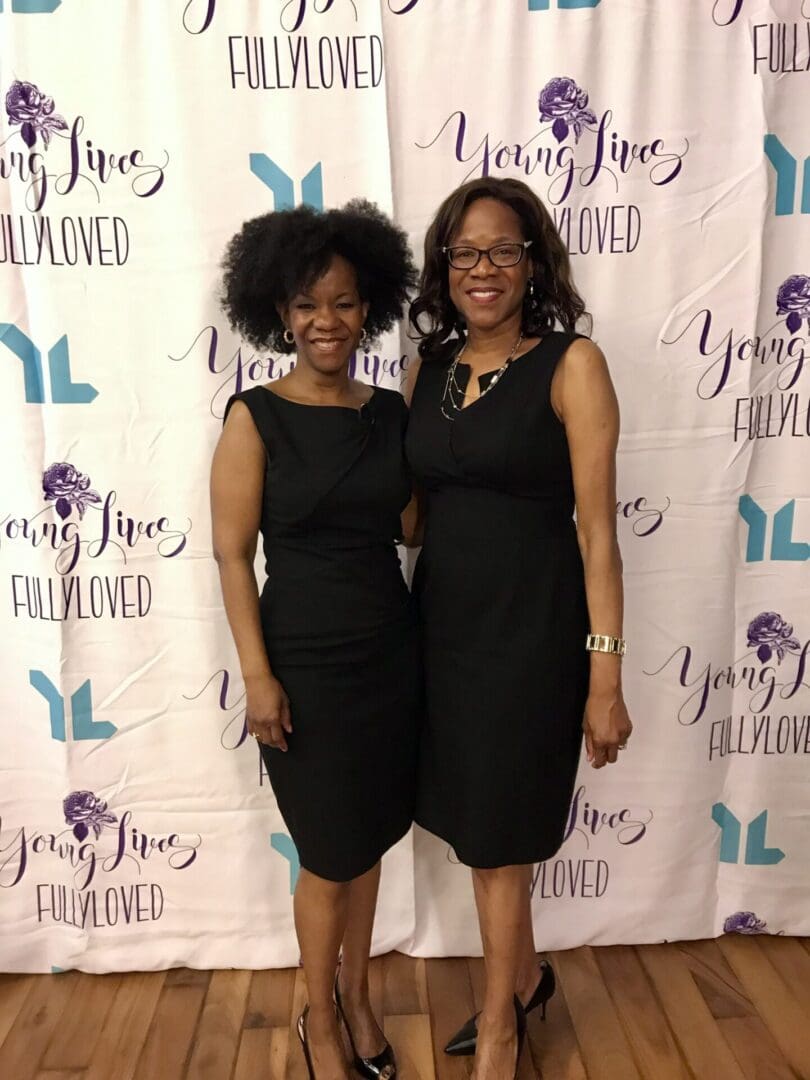
Program Flyer
Click on the link below to download our program flyer.
Sisters helping Each Other (SHE)
Sisters Helping Each other (SHE)
We believe a single flame can light one thousand candles. With our programs, our goal is to ignite each woman to fight the battle against suicide, so that she may in turn ignite her community, and in conjunction with other women, the entire world.
4 Reasons to Join a Support Community
Decreased sense of isolation:
By sharing feelings, accomplishments, losses, and humor known only to those who are part of the group, participants can develop strong emotional ties to one another.
Freedom to express negative feelings:
The freedom to express negative feelings and to identify with those who can relate to you lets you realize you are not the only one. You can experience a great sense of emotional relief from the support of others.
Learn to develop effective coping skills:
By sharing information and resources, learning how others have coped with similar problems, and experimenting with the coping strategies of others, you can improve your own problem solving skills.
Enhanced self-esteem:
The return of your emotional energy as you gain a sense of perspective and control during a difficult time. Emotional energy can be used to address other life issues and challenges that may have been put on hold.
